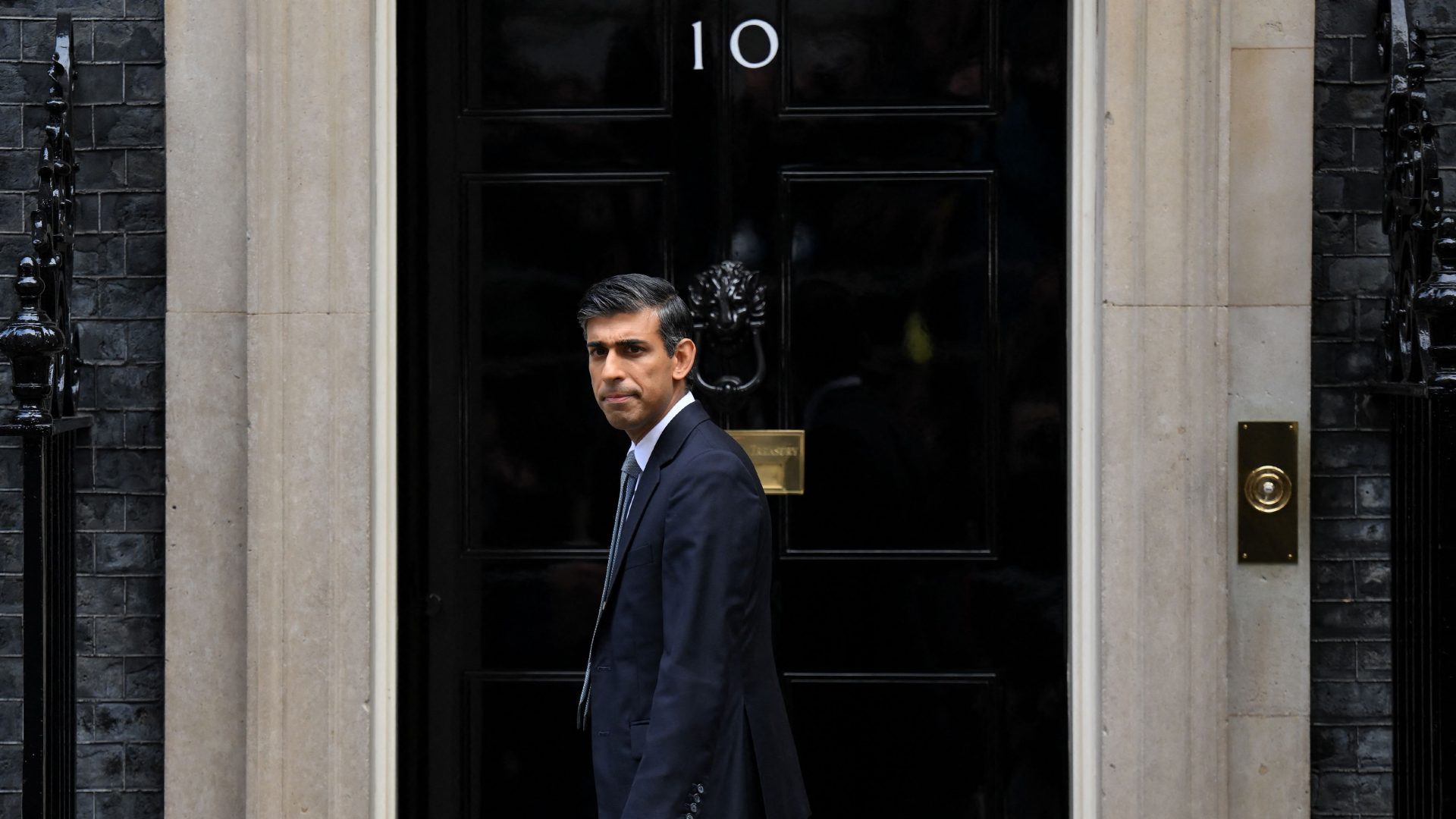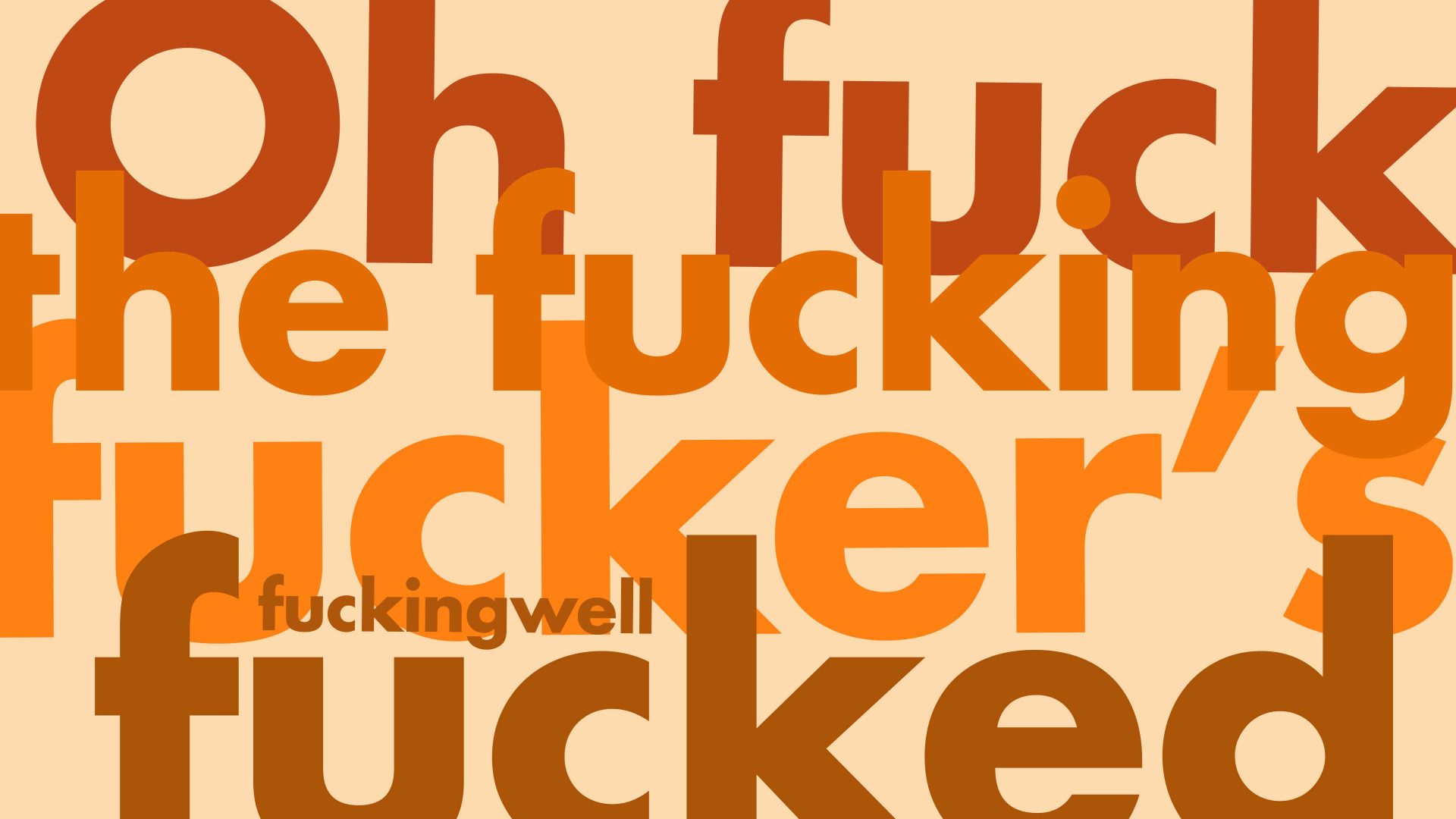Asked about the prospect of Nigel Farage rejoining the Conservative Party last month, its current leader resorted to the old claim that since it was “a broad church”, the former Ukip leader would be welcomed back. But as the divisions within the Tories become ever more pronounced, the question arises: “How broad can a church be before people decide they would be more comfortable worshipping elsewhere?”
In a political system so dominated by just two big parties, it is inevitable that both must accommodate a variety of opinions. Yet while Sir Keir Starmer has been effective in keeping the outlying far left wing of the Labour Party in check, the Conservatives’ various factions are openly in dispute. Rishi Sunak looks increasingly like the man dressed in the ringmaster’s top hat and tails but completely devoid of the power to crack the whip and bring the performers into line.
The hard-line Suella Braverman devotees cannot contain their anger over what they see as a softening of the party line on immigration as James Cleverly attempts to reduce the perceived, but deeply misplaced, belief that Rwanda could solve the small boats problem.
This group includes the Red Wall Tories, their mouthpieces now gathered under the collective of The New Conservatives, and for whom the pugnacious Lee Anderson, the party’s deputy chairman with a penchant for plain speaking, is something of a poster boy. The appointment of David Cameron as foreign secretary was for them not merely a mistake but a massive insult.
Meanwhile, the “Let Markets Rip” brigade continues to bemoan the ousting of their hero, Liz Truss, with relics of a bygone era such as Sir John Redwood calling for yet more of her disastrous economic enemas. The right wing think tanks that begat Truss are still in residence in Westminster’s Tufton Street, where the political satirists Led by Donkeys planted a blue plaque on No 55 bearing the legend: “The UK economy was crashed here”. The plaque has gone, but the think tanks remain.
Endeavouring to keep their heads down and their eyes and ears covered while the shouting goes on are the moderates, the people who would identify as “one nation Conservatives”, if only it were possible to envisage the UK as a unified country again. Former chancellor Ken Clarke, now Lord Clarke of Nottingham, epitomises their despair over the current divisions. He ventured even further than unification to suggest in a recent interview that Rachel Reeves, the shadow chancellor, would be a “reassuring” manager of the British economy, a sentiment which Lee Anderson and his colleagues would find treacherous.
With Jeremy Hunt as chancellor and Cameron at the foreign office, this group now holds two of the most senior positions in the government. Both were opposed to the idea of Britain leaving the EU so it was perhaps hoped that their ministerial resurrections would heal the deep rifts in the party brought about by the referendum. But while the damage done by Brexit still mounts, the recriminations seem destined to continue to sour relations within the Tories for many years to come.
A strong leader might be able to corral these disparate factions into a single fighting force, but Sunak is not that leader. Instead of appearing as someone intent on bringing together a variety of talents to best serve the interests of the country, he seems to be desperately trying to appease as many warring tendencies as possible and succeeding in simply looking devoid of any principles whatsoever.
The Conservative Home website is a telling barometer of how the prime minister is faring with his party. His latest attempt to exert the authority of his office has left its followers as unimpressed as the government’s scientific advisers were with his Eat Out To Help Out wheeze to boost the economy during the Covid pandemic. They were queuing up to denounce his cancellation of the planned meeting with the Greek prime minister, Kyriakos Mitsotakis, as “pathetic” and “petulant” and it certainly gave the opposition a fine opportunity for that most damaging form of attack, laughter.
Which is why some ancient sculptures might mark a pivotal point in Sunak’s prime ministership. Snubbing a European leader may be foolish when the UK is trying to build better relations with the bloc, but should not amount to a sacking offence; turning the Conservative Party into a joke is. If Sunak cannot rapidly bolster his credentials as a leader, the men in grey suits could soon be having a quiet word.
For despite its disparate factions, the Tories are united by one thing: the hunger for power. The party has been divided before, but has a history of coming together to fight elections, and usually winning them. This time, the polls may indicate that the challenge is insurmountable – but do not underestimate the determination that will unite the party. The former Ukip, now branded Reform, will hope to recruit some discontents, but it will remain on the fringe.
Whether it comes in the spring or not until the autumn, the forthcoming election will paper over the divisions in the party. If Sunak can’t be a credible leader for them, then they will find someone who can.




